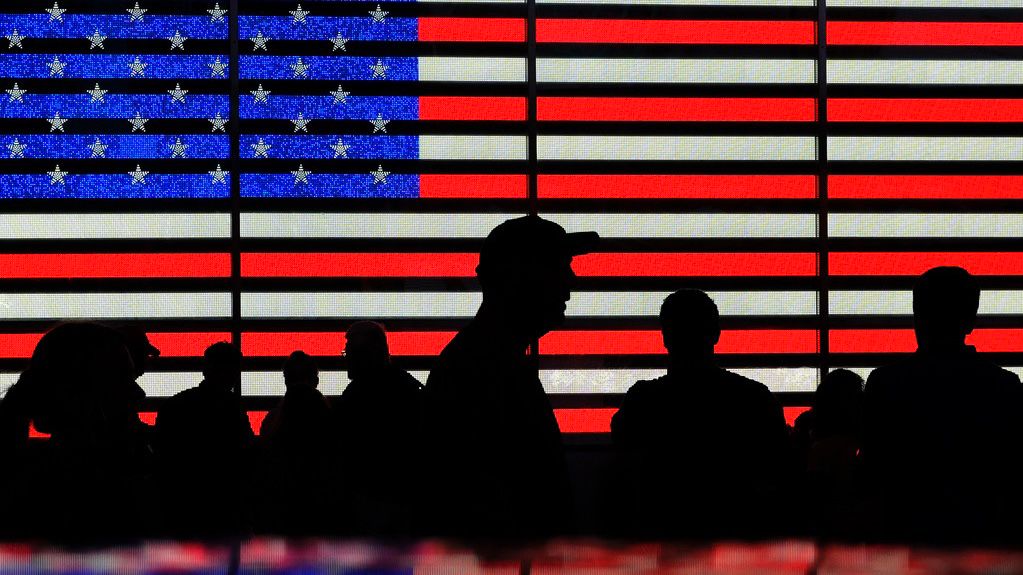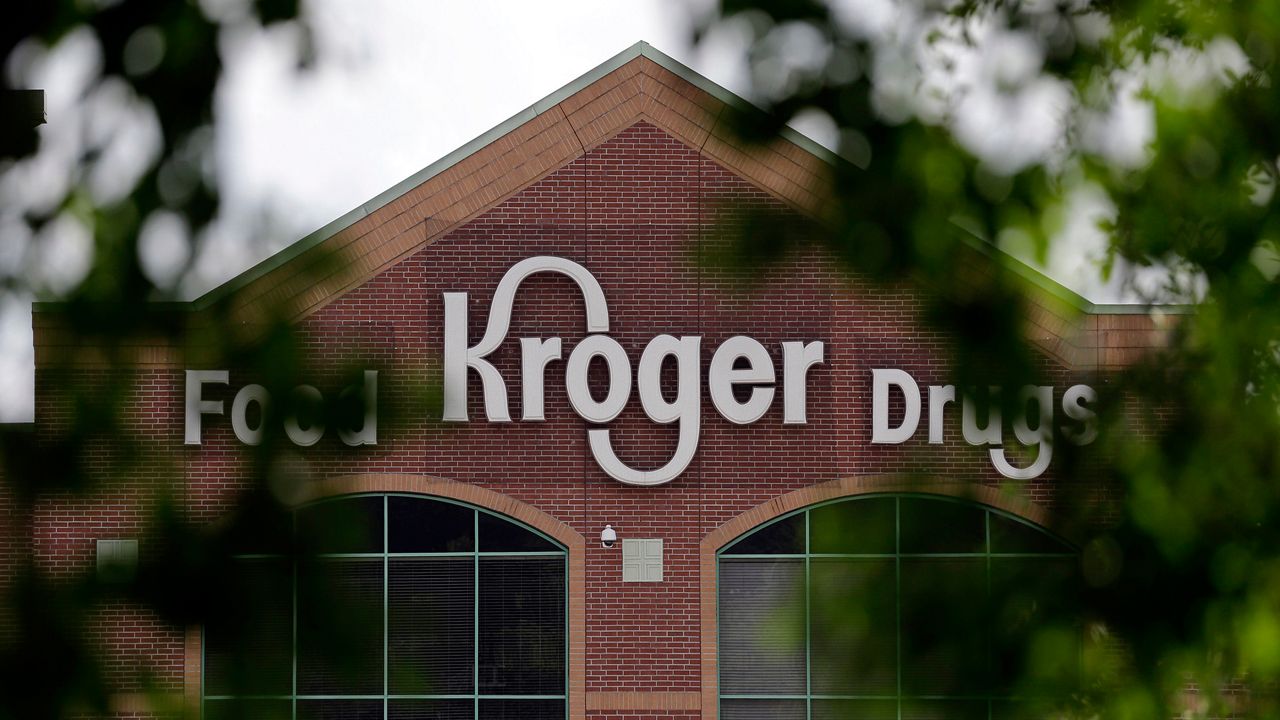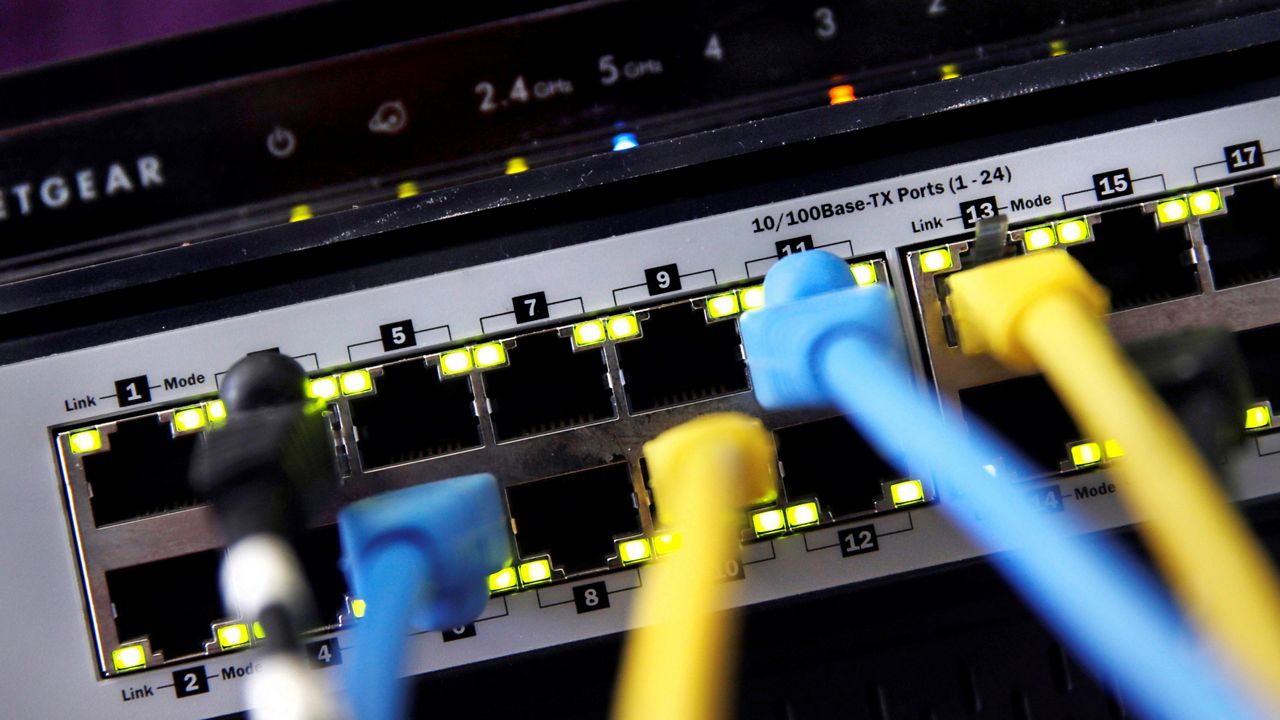Former Starbucks interim CEO Howard Schultz traveled to Capitol Hill on Wednesday to face questions from Senate lawmakers about the company's labor practices.
Schultz, with an iconic Starbucks mug in hand, faced a grilling from Senate Health, Education, Labor and Pensions Committee chairman Bernie Sanders, I-Vt., over accusations that the company retaliated against pro-union workers. The coffee giant has been mired in a protracted battle against a growing legion of its shop unions fighting for recognition and bargaining.
Schultz stepped down from his post earlier this month, turning the helm of the company over to Laxman Narasimhan, but he still remains on the company's board. The committee was prepared to vote to subpoena Schultz on March 7.
The first Starbucks store to vote for unionization did so in Dec. 2021, in Buffalo, N.Y. Since then, more than 280 stores have voted to form a union, though limited bargaining sessions have not yet led to contracts with any of the newly-formed bargaining units.
The National Labor Relations Board, the agency responsible for enforcing federal labor law, has issued more than 80 complaints against Starbucks for violating federal labor law, Sanders said.
In February, a federal administrative law judge found that Starbucks management in Denver violated the National Labor Relations Act by “interrogating” employees about union support and threatening a loss of benefits.
Earlier this month, The Washington Post reported that Starbucks ”committed ‘egregious and widespread’ violations of federal labor law” according to a 220-page order from another administrative law judge. In his ruling, the judge ordered that Starbucks reopen closed stores, and reimburse employees with back pay and damages.
Sanders, a prominent progressive and leading proponent of the labor movement, charged that "over the past 18 months, Starbucks has waged the most aggressive and illegal union busting campaign in the modern history of our country," and laid the blame for the push squarely at Schultz's feet.
"The National Labor Relations Board NLRB has filed over 80 complaints against all bucks for violating federal labor law," the Vermont independent said. "There have been over 500 unfair labor practice practice charges lodged against the company, and judges have found that Starbucks broke the law 130 times across six states since workers began organizing in the fall of 2021. These violations include the illegal firing of more than a dozen Starbucks workers for the crime of exercising their right to form a union and collect collectively bargained for better wages, benefits and working conditions."
"Since the first Starbucks union was certified more than 450 days ago in Buffalo, workers at more than 360 stores across 40 states have held union elections," he added. "Eighty-three percent of these elections have resulted in a union victory, and today nearly 300 Starbucks coffee shops employing more than 7,000 workers have a union, despite Starbucks' aggressive anti-union efforts."
Schultz vehemently defended the company's practices, matintaining that Starbucks "has not broken the law," calling the findings against the coffee giant "allegations," adding: "We're confident that those allegations will be proven false."
He stated that Starbucks is "100% committed to fulfilling our obligations as an employer under the National Labor Relations Act and are committed to good faith negotiations on first contracts for each unionized store."
He vehemently denied that Starbucks violated the law and that the company would "continue to negotiate in good faith" with union organizers, while also touting the company's wages – saying that on average, baristas earn $17.50 per hour, "more than the minimum wage of every senator that's represented a state on this committee, including, respectfully, Chairman Sanders, where the minimum wage in Vermont is $13.18" per hour – and benefits, including their Bean Stock program, which gives their employees, known as "partners," annual stock options.
“I think unions have served an important role in American business for many years," he said. "In the ’50s and ’60s, unions generally were working on behalf of people in a company where people haven’t been treated fairly. We do not believe that we are that kind of company. We do nothing nefarious, we put our people first.”
Schultz said just 3,400 of Starbucks’ 250,000 U.S. employees have elected to join a union, adding: "About 1% of partners have chosen a different approach, as is their right under law."
The multi-billionaire also defended his success.
"I grew up in federally subsidized housing," he said. "My parents never owned a home I came from nothing. I thought my entire life was based on the achievement of the American dream."
"Yes, I have billions of dollars," he added. "I earned it. No one gave it me, and I’ve shared it constantly with the people of Starbucks."
Schultz received more favorable treatment from Republican members of the panel, with ranking member Bill Cassidy, R-La., charging that Wednesday's proceedings did not constitute "a fair and impartial hearing."
"It's not surprising that Mr. Schultz was reluctant to testify," Cassidy said. "When the majority is using the title of the hearing" – the hearing was branded "No Company is Above the Law: The Need to End Illegal Union Busting at Starbucks" – "to slander the witness for asking to testify, it sends a signal."
Cassidy qualified that he was "not here to defend Starbucks" and said he has questions about the alleged misconduct, but took umbrage with the premise of the hearing.
"The title suggests that this hearing is not a good faith effort to get at the facts," the Louisiana Republican said. "It's a smear campaign against an individual and a company and a company based upon allegations that everyone knows are still under litigation."
Utah Sen. Mitt Romney joked that there is "some irony to a non-coffee drinking Mormon conservative defending a Democratic candidate for president [Schultz has floated runs in the last three presidential elections] in perhaps one of the most liberal companies in America," but charged that "it's somewhat rich that you're being grilled by people who have never had the opportunity to create a single job, and yet they believe that they know better how to do so and what's best for the American worker and what's best for the American economy, what's best for growth."
Kentucky Sen. Rand Paul also defended the company, calling Starbucks "one of the great American success stories" while quoting novelist Ayn Rand and recounting an anecdote about how his family exclusively preferred Maxwell House brand coffee.
"Who knew people would pay six bucks for a cup of coffee?" Paul said, adding: "Convincing the public to buy very expensive coffee is not the discovery of fire, but still it deserves respect. Instead, Congress convenes today not to praise Starbucks, but to bury them. The hearing today is convened to attack a private company for its success when its success has benefited both customers and its employees alike."
"If you don't want their coffee, be like my family and bvuy Maxwell House," Paul added. "But for goodness sakes don't derive one of the great American six six success stories. This is not who we are, we are better than this ... I don't want to be part of any witch hunt that vilifies any American business, so count me out."
Spectrum News' David Mendez contributed to this report.








